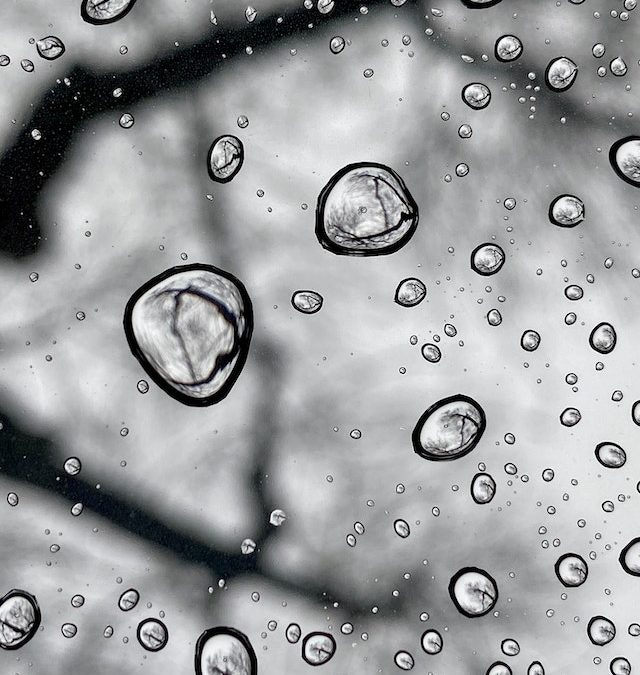Scarcity of ground, rising energy costs and a growing demand for sustainable solutions are just some of the reasons we want more green options legalised and available in the UK today.
Currently burial or flame cremation are the only two options available to Scottish families. Water cremation is a possibility south of the border but it has yet to be rolled out in practice. This week, we’ve been on the news, on TV & radio and online. In a bid to raise awareness of the options and to urge Government to speed up consultation and invest in alternative options.
Here’s a brief summary of the main alternatives to flame cremation and traditional burials available today.
Water cremation
- Also known as resomation, aquamation or bio cremation
- It’s an alternative form of cremation that doesn’t use flame to break down body tissue to a fine ash
- Uses water with an alkaline solution, moderate levels of heat and pressure, in a cremation chamber taking around 3-4 hours for an average adult
- Compared to flame cremation, water offers fewer harmful emissions, a lower energy use – both contributing to lowered carbon footprint and it’s perceived by many as being more “gentle”
- Not yet available in Scotland, it’s widely used in USA, Canada and most recently, the Netherlands
- Licenced but not rolled out in England
- Scottish Government has pledged to open consultation soon – a process expected to take around 2 years
Other options – not yet available in the UK and in some cases – untested science include:
- Human composting or terramation which involves adding microbes to a chamber in order to accelerate the natural rate of decomposition which takes around 6-8 weeks.
- Cryomation which fast tracks the decomposition by applying liquid nitrogen before removing water by freeze drying to create significantly smaller, and less toxic, remains for burial.
- Promession is an elaborate decomposition system that takes a body, freezes it, vibrates it to dust, and dehydrates it, to create what the inventor claims is the most eco-friendly form of burial ever devised.
Current green options
We can help those who want a more eco-friendly funeral whether that’s a fully net zero event or one that reflects the values of their loved one. Natural burials in woodland sites both privately and Council owned are popular choices for those wanting a sustainable funeral. And we already help help families make greener choices by choosing environmentally friendly coffins, caskets and urns, to reducing the number of mourners attending a funeral or using technology to offer live stream alternatives.
To conclude, today’s typical crematorium will send between 160kg and 190kg of CO2 into the atmosphere for each cremation it carries out —the rough equivalent of driving a car for 470 miles. Earlier this month, the Church of England’s Bishops published their plans to create a consultation group to assess the “theological considerations” of eco-friendly body disposal, possibly after the late Desmund Tutu chose aquamation for his funeral.
As funeral directors, we are excited about the possibilities that science and technology can offer and keen to invest in the future. We urge the Scottish Government to speed up, and possibly widen the remit, of their proposed consultation.



